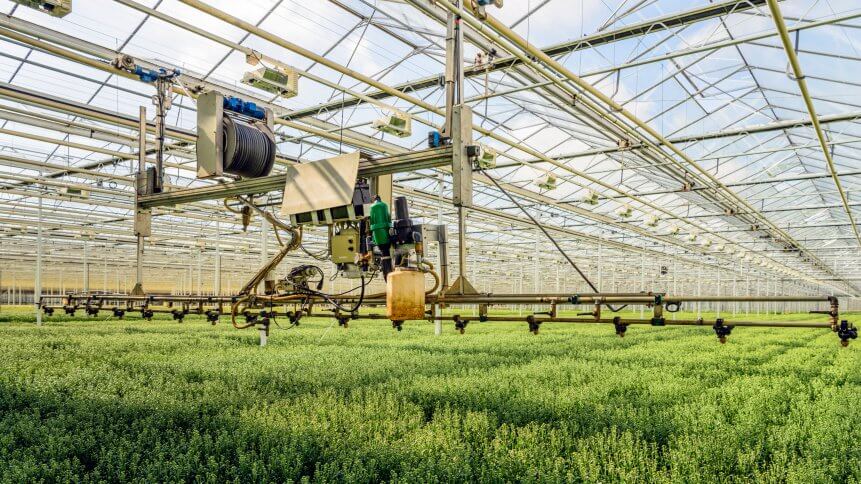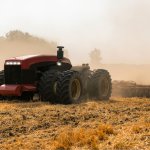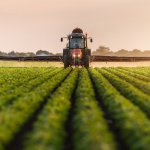UK invests £24 million on agritech projects — Is it worth it?

- Agritech or agricultural technology aims to improve crop production, quality and maximize profit
- The UK is injecting £24 million (US$30 million) to nine innovative agritech projects across the country
- Agritech will play a major role in inspiring new diversity of green technologies in farming
The UK government is launching a £24 million (US$30 million) package that will boost agritech projects across England, Wales, Scotland and Norther Ireland. This includes projects that involve bringing big data, artificial intelligence (AI) and robotics to the country’s farming industry.
“From robotics assisting our farmers in fruit picking, to technology that converts CO2 to clean animal feed, the incredible projects we are backing today represent the future of farming,” said Science Minister Amanda Solloway.
The UK government aims to optimize food production systems by reducing inputs, maximizing yields and profits, and ultimately, to minimize greenhouse gas emissions.
Among the nine projects that will receive the agritech funding boost is the world’s first Autonomous Growing System (AGS), led by Optimal Labs in London. The project aims to develop autonomous technology that will control and monitor climate, irrigation, and lighting, ensuring any crop variety can be grown in any location. Consequently, the project will see an increase in production levels and added efficiency in resource management in greenhouses across the UK. The project aims to shield the UK food system from climate change and population growth impact.
Another project by the Nottingham-based consortium, REACT-FIRST, will receive more than £2 million (US$2.5 million) to supply clean and sustainable food for fish and poultry with an over 75% decrease in their initial carbon footprint. The project will utilize a unique technology that turns carbon dioxide into animal food. The end product will see minimal water usage and also eliminate the need for arable farmland, contributing to the overall goal of a cleaner environment and transforming a traditional practice known to create a high level of waste.
Solloway added: “working with the best of British science, we are turning our most creative ideas into pioneering projects that will accelerate our transition to net-zero food production, boost jobs and drive forward the UK’s economic recovery.”
UK’s track record of agritech
The UK ‘s agritech productivity growth has been stagnant over the last few years. Recent events — Brexit and the ongoing pandemic – have exposed the local industry’s reliance on foreign workers. Local farmers are seeking digital solutions to boost productivity levels.
Tim Morden, deputy director at Defra, explained: “agriculture is three times less efficient than in other sectors of the UK economy.”
While tech adoption has been gradual, even reluctant, among some farmers due to the high up-front investments in new systems, stakeholders are recognizing the need for progressive farming and the risks of falling further behind in an ever digitizing economy. Earlier this year, a new consortium which includes national farmers’ unions, fresh food suppliers, academic institutions was established and will trial robotics on farms this season.
YOU MIGHT LIKE

UK farmers turn to robots in seasonal worker shortage
In 2018, a team of UK researchers successfully grew barley crops autonomously with the use of self-driving tractors and unmanned aerial vehicles. The project, dubbed Hand-Free Hectare, was a clear step towards a longer roadmap of agritech in the UK as the autonomous farming was proven successful — with crops “seeded, sprayed, monitored and harvested autonomously.”
Researcher Martin Abell shared that the success of the project was able to “raise the perception of agriculture to the public,” enabling society to “see it as a forward-thinking industry” and possibly “attract new people to the industry.”
“We have been able to show the public that this is something that isn’t too far ahead in the future, and it could be happening now,” Abell told ABC News.
While the UK has been slowly embracing agritech for some years, recent events have spurred the urgency for greater adoption of agri-tech, and also serves as a reminder that farming 4.0 is on the horizon, but it comes with the efforts we sow today.









